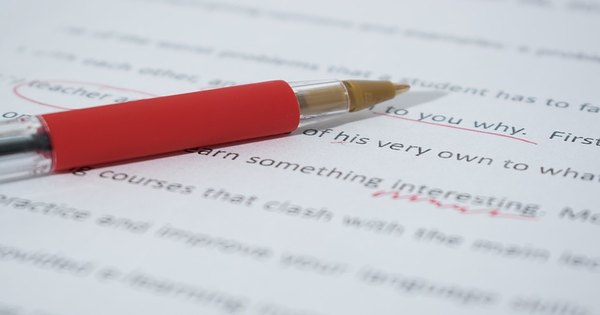
Deborah Singerman runs a writing, editing and proofreading consultancy having worked in publishing for over 30 years in Australia, and previously in Hong Kong and the UK on books, journals, magazines, theses, websites and blogs. Her editing with established and new authors covers all stages, from concept and commissioning to detailed copy and managing. She offers 15% discount on her rates to all Writers Boon authors.
Clear, concise and consistent – these words delight editors.
Unless you write for a specialist audience or have an acknowledged, idiosyncratic literary style, aim to write strong, simple text that is understood straight away.
Besides catering to everyone’s limited time and attention span, writing what you mean ensures you convey your message, your style, story, plot, characters and dialogue.
In this article, you’ll learn a few tricks that all writing heroes have in common and how you too can transform your book from a rough diamond into a gleaming jewel.
1. USE DIRECT WORDS
Say what you mean as concisely as possible. Choose words that drive your text.
The following examples discards extras that dilute your text, such as “there are” and “who.”
- There are many people who write – Many people write
- People who make something – Creative people, or, people who create;
- Designed to bring pleasure – Joyful design
2. AVOID WEAK VERBS AND ADJECTIVES
- She is writing – She writes
- He is aware that things might go wrong – He knows that things might go wrong
- Can you make it clearer than that? – Can you clarify it?
- Find out where he has hidden the money – Discover where he has hidden the money
Just as weak verbs, weak adjectives do nothing for your writing. Be mindful of words such as very and really. They usually precede weak adjectives.
- Very large – Huge
- Very small – Tiny
- Brilliant red – Scarlet
- Strong belief – Conviction
- Really bad – Terrible
Cut “very” and “really.” Because really, is not very helpful.:)
3. TRIM FLABBY WORDS. KEEP IT SIMPLE.
Avoid words that add nothing to the text. Stay away from redundant words and avoid verbose colloquialisms.
- Absolutely essential – Essential (essential says it all)
- Manifestly obvious – Obvious
- Every single person – Every person
- Due to the fact that – Because
- He shows signs of tiredness – He is tired
- Prior to – Before.
Cut “in order to.” You never need it. Keep your sentence tight.
4. USE ACTIVE VOICE. DITCH THE PASSIVE VOCE.
To keep the pace and focus on the story, use the active voice. The active voice engages the reader more than the passive voice, which distances the verb from the doer. Here, the subject, “Sue” does the action, “consult(s)”.
- The team is consulted by Sue -– Sue consults with her team about the forthcoming event.
- Friend had a fall – Friend fell
- He prefers to work in a team where natural organisers are present – He prefers to work in a team with natural organisers
- The cherries were bought by my dad – My dad bought the cherries.
Tip: To passive-proof your writing, do a quick search for the word "by." This way, you'll easily find out all the sentences in which the subject may be receiving the action rather than doing it. Or, you can always let those editing tools&apps find it for you.
5. USE OF COMMAS
Commas separate words or clauses in a series of three or more. They are also often used:
- to clarify dates, before and after a year;
- to add a pause in the text (the number of times is subjective but my brain likes to rest a while so I do use commas to breakup sentences); and,
- before the last “and” in a list. This is known as the Oxford comma, a rather grand name for something that is quite controversial. It is used in the US but not necessarily in Australia.
Love them or hate them, commas are probably the most subjective form of punctuation. Once you decide your comfort zone, use them consistently throughout the text.
- January 1, 2017, started yet another year.
- I emptied the bag of apples, oranges, blueberries, and strawberries (with an Oxford commas);
- I emptied the bag of apples, oranges, blueberries and strawberries (no Oxford comma).
Learn 6 more self-editing tips authors must know.